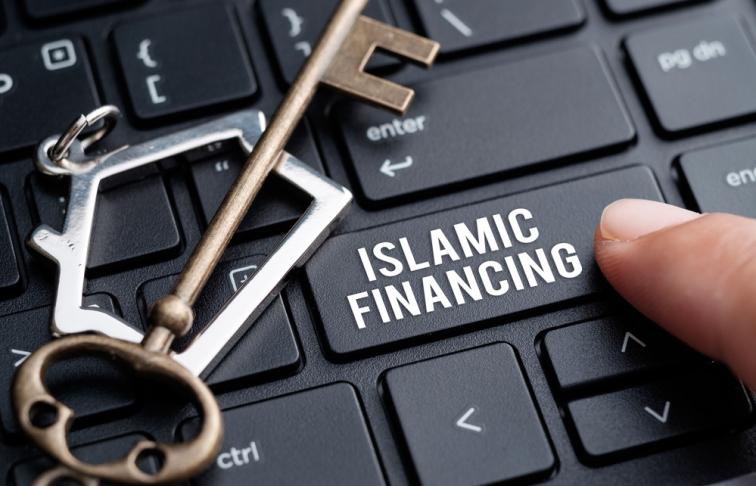Manage your account and see your money through our mobile banking app or on your computer through our website.


The article is correct that Islamic banking is for people of all faiths. In fact our research indicates that between 1 Jan 2013 and 30 April 2014, 80% of applicants for our fixed term deposit savings accounts were non-Muslims.
The reason that non-Muslims, as well as Muslims are attracted to Islamic banking is that, at its heart, it is an ethical system where depositors entrust the bank to invest their savings in partnership, sharing any profits which are generated.
Unlike conventional banks, Islamic banks do not use financial instruments which are based on speculation, and can introduce a high element of risk to customers’ savings and assets. Instead, investments are backed by physical assets, such as property or metals. Following Sharia compliant rules for investment, Islamic banks will never invest in industries which are not deemed positive for society, so those connected with gambling, pornography, alcohol, tobacco or arms.
IBB, like other Islamic banks does not charge interest on home finance; instead we enter into co-ownership agreements with the customer. The customer increases their stake over time and pays rent on the share that they do not yet own.
Another point of difference is how Islamic banks charge fees to their customers. Unlike conventional banks, an Islamic bank’s fees cannot be arbitrary and must reflect the actual time and effort involved. This is why Islamic banks’ fees are typically lower than those of conventional banks.
Like all UK banks, IBB is fully regulated by the FCA and the PRA. However, unlike conventional banks, we are also overseen by an external ethics committee, known as the Sharia Supervisory Committee, which ensures that all of the bank’s products and activities are compliant. This means that the bank’s actions are not only suitable for the bank and the customer, but also for broader society as a whole.
With all of these virtues, it is not surprising that Islamic banking is increasing in popularity amongst people of all faiths. Perhaps the next question we should ask is ‘why are conventional banks not adopting more of these practices?’